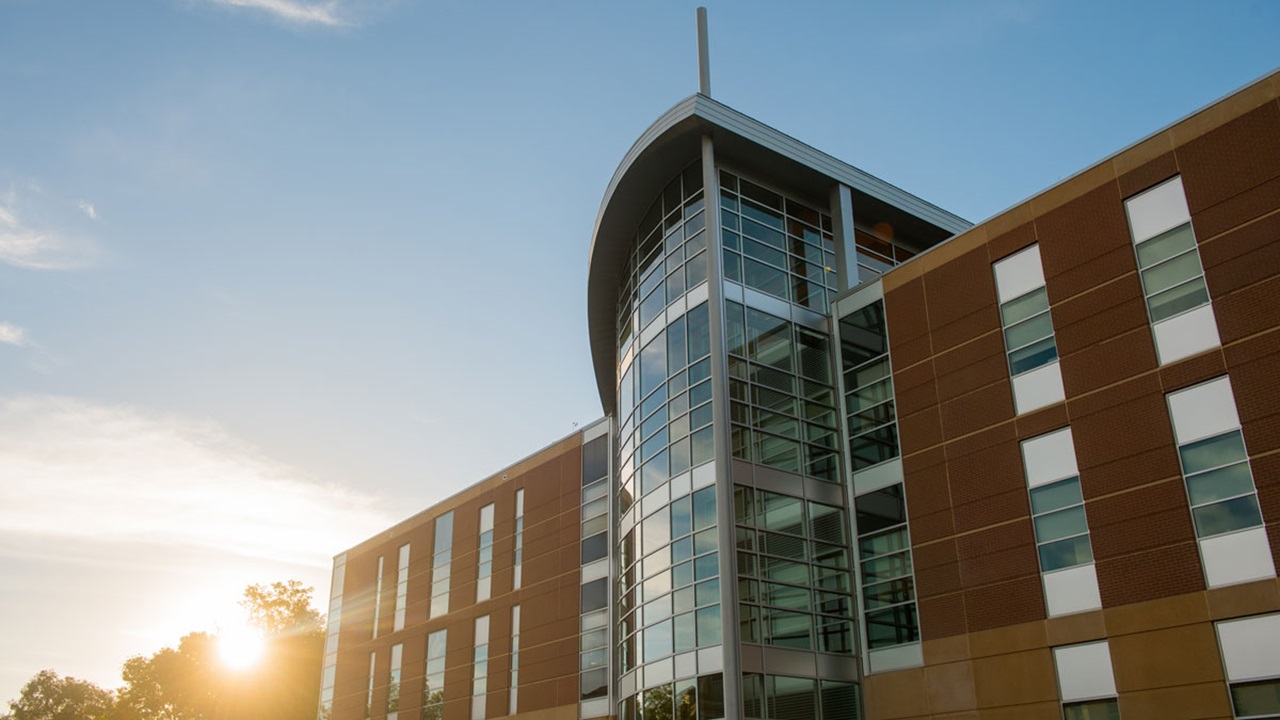Personal Impact, Global Influence, Right Here in South Dakota
Eddie Sullivan, president, CEO and co-founder of SAB Biotherapeutics, said South Dakota is the perfect state to cultivate the bio-based economy the biopharmaceutical development company hopes to help expand.
“Interestingly, if we would have asked people in other places like Massachusetts or California if South Dakota was a good place to find talent, they would have challenged us, but in fact, we discovered the opposite,” Sullivan said. “When we came to South Dakota, we found people who were ready to work and ready to be really engaged in this type of technology.”
“If you really think about it, South Dakota already is a bio-based economy because of agriculture,” he added.
SAB Biotherapeutics develops the next generation of natural, custom, high- potency immunotherapies. These are antibodies that fight diseases such as infectious diseases, cancer and autoimmune diseases like Type I diabetes that will be used worldwide.
Sullivan said he has experienced first-hand how well the University of South Dakota develops the talent and workforce it needs to continue thriving and is excited for future collaborations.
“There are multiple reasons South Dakota became a good home for this project,” Sullivan said. “One of the reasons was a good business environment. We have the ability to train people at the University of South Dakota, which has tremendous value in growing companies like SAB Biotherapeutics.”
To further expand its relationship with USD, SAB Biotherapeutics is in the planning phase for a new corporate headquarters, research laboratories and commercial biomanufacturing facility in USD’s 80-acre research park called the Discovery District in northwest Sioux Falls.
SAB Biotherapeutics also relies on South Dakota’s cattle and crop industries to create their immunotherapies.
“The entire worldwide need for our influenza product would be produced in about 60-80 animals and we know that in South Dakota, that’s a small backyard herd."
“The entire worldwide need for our influenza product would be produced in about 60-80 animals and we know that in South Dakota, that’s a small backyard herd."
“This is what makes South Dakota an exciting place to develop this project.”


